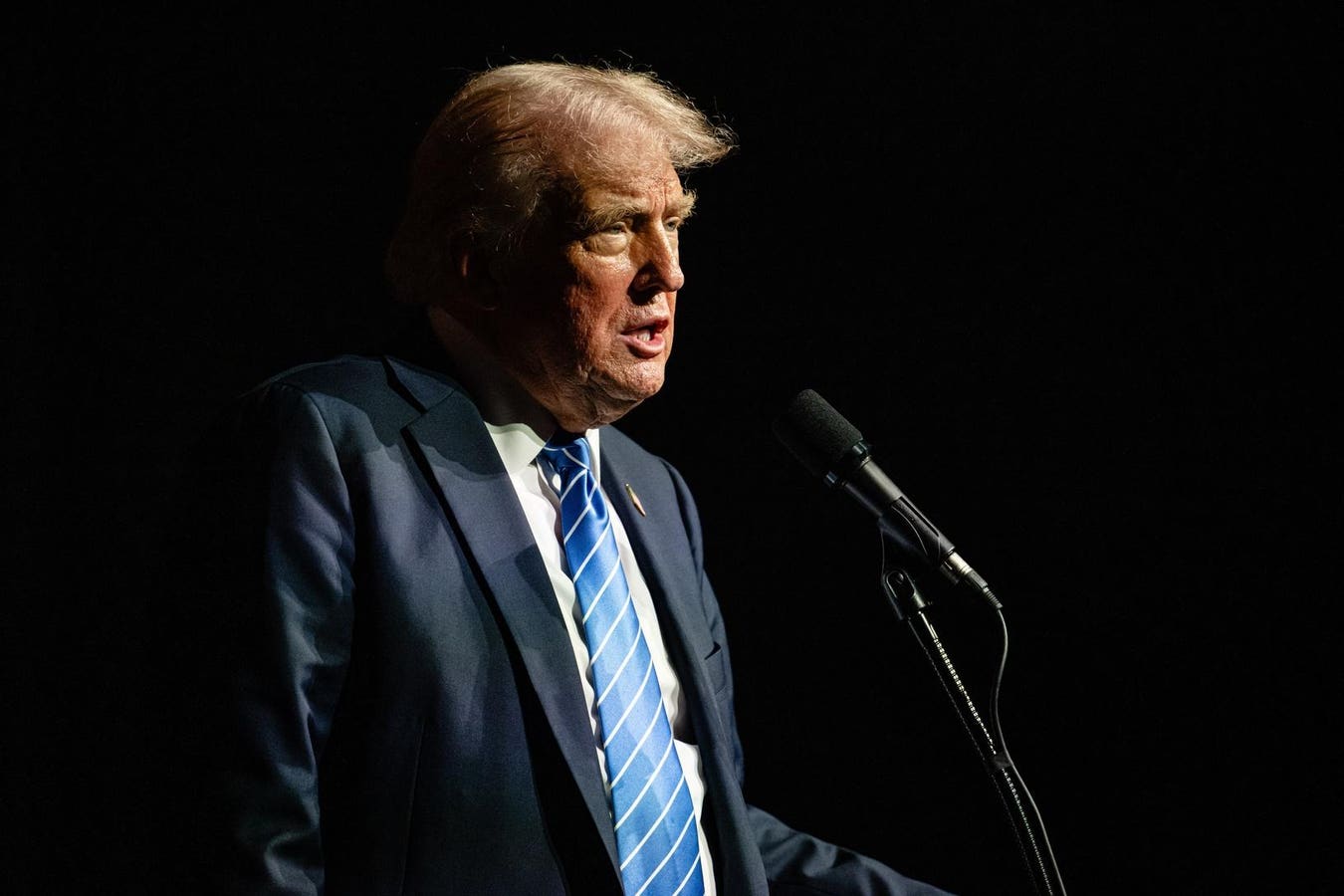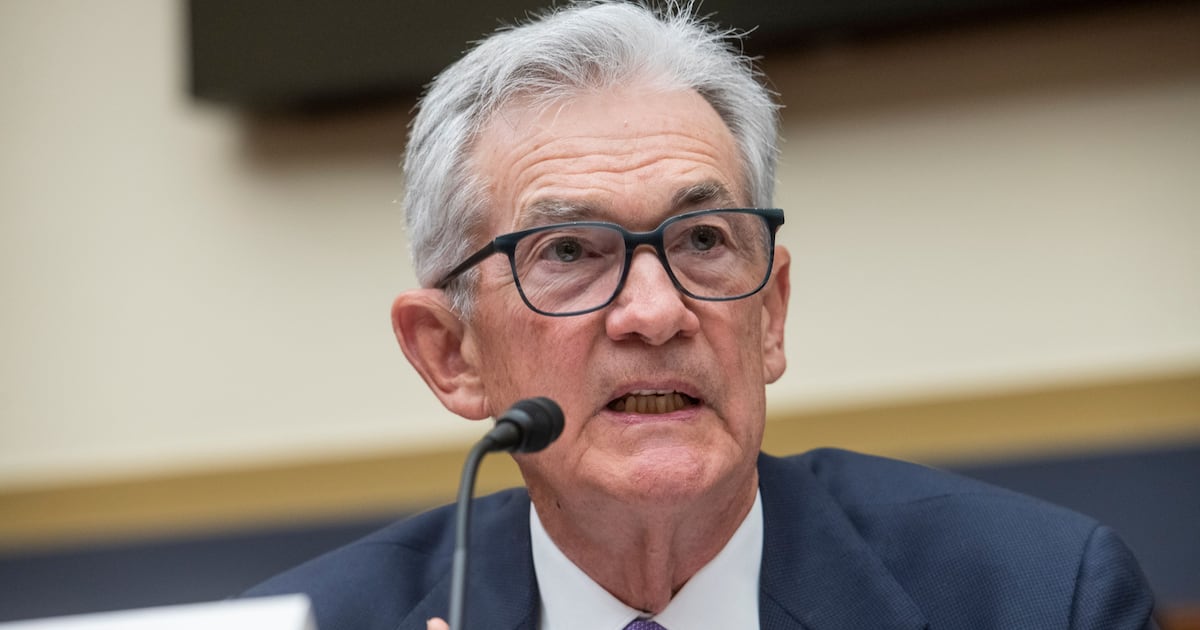- Bitcoin would need over 300 days of downtime to adequately defend itself from the ‘imminent’ threat of quantum computing, research finds
- Bitcoin targets $120K in January amid record Binance stablecoin reserves
- Japan’s Answer to MicroStrategy Raises $61 Million to Buy More Bitcoin
- US-listed Bitcoin, Ether ETFs tally $38.3B net inflows in launch year
- Bitcoin Price Prediction by AI, 18 Dec 2024
The government of Japan has officially responded to Senator Hamada, stating that it has no intention of adopting Bitcoin as part of its foreign exchange reserves due to a lack of understanding and concerns about volatility.
Bạn đang xem: Japan’s Stance on Bitcoin Reserves: A Clear Rejection
As reported by a Japanese media outlet, the government of Japan, on Dec. 20, released its official answer to several queries Senator Satoshi Hamada put forward concerning the adoption of Bitcoin (BTC) as part of Japan’s foreign exchange reserves. Under the name of Prime Minister Ishiba Shigeru, the statement explained that, at present, Japan has no intention of considering cryptocurrency reserves.
Senator Hamada, who is a member of the Party to Protect the People from NHK, put forward a proposal for Japan to follow the example of the United States and other countries exploring BTC reserves. The government responded that it does not have enough knowledge about global movements in that respect and said that discussions on the adoption of cryptocurrencies for reserves are in very preliminary stages. That is, the government has said it would be “difficult to express a view” on this at this point.
The response also mentioned that, under Japan’s legal system for special account management, cryptocurrencies such as BTC do not fall under the category of foreign exchange assets. Moreover, a “crypto asset” is not regarded as a “security” pursuant to the Financial Instruments and Exchange Act under Japanese law.
The Payment Services Act provides the definition of “crypto assets” and requires any provider of crypto-asset exchange service (CAES) to register with the Financial Services Agency. Operating CAES without registration entails criminal penalties, says Anderson Mori & Tomotsune, a full-service law firm in Japan.
Current foreign exchange reserves are intended to stabilize foreign currency-denominated assets and bond markets, and the Japanese government has emphasized that the volatility of crypto assets as it wants to prioritize safety and liquidity.
Alongside this, the CEO of Japanese investment bank Akihiko Ogino has suggested that Japan should introduce cryptocurrency exchange-traded funds. Although Daiwa Securities, which manages the Nikkei 225 ETF, has not disclosed any plans for a crypto-backed ETF yet, Japan’s current perspective with regard to crypto assets could delay Daiwa Securities’s ETF plans.
Nguồn: https://rentersinsurance.cyou
Danh mục: News







